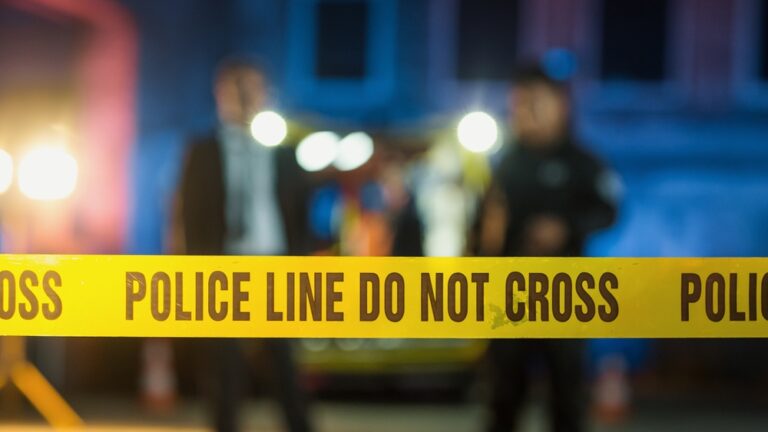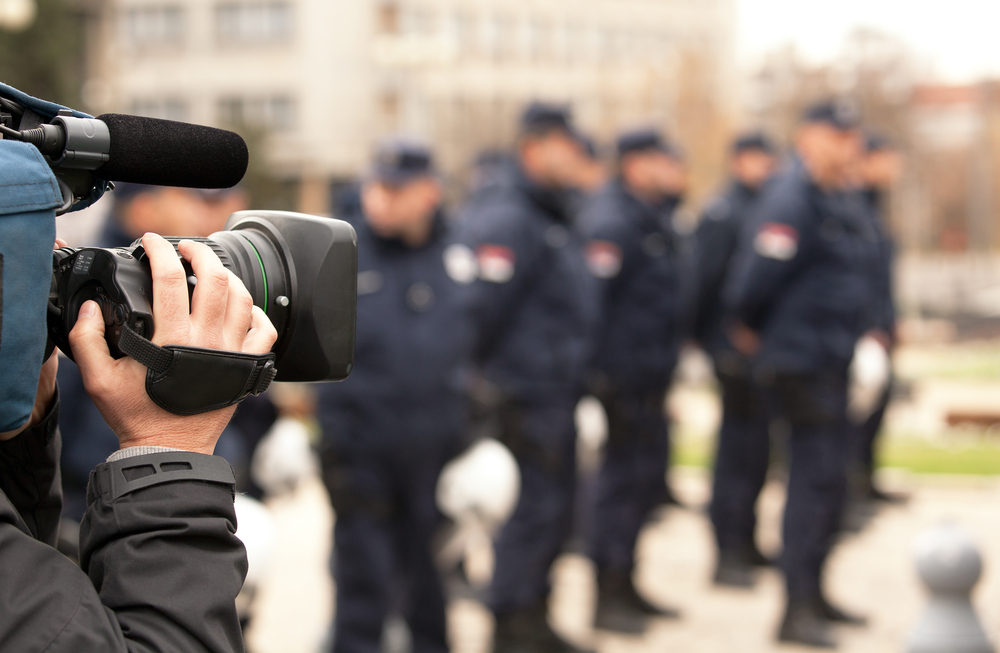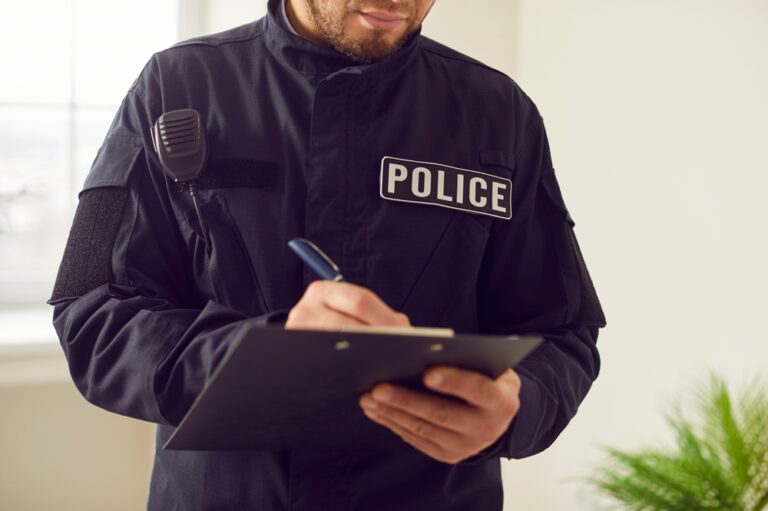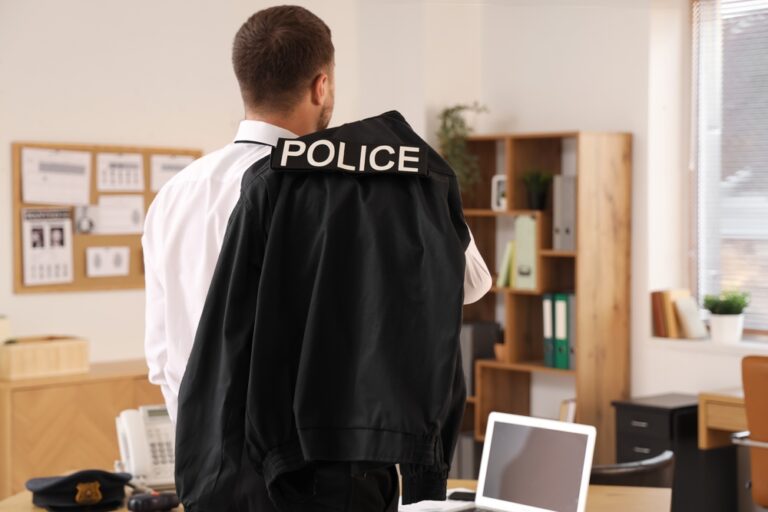
Police Tape 101: Everything You Need to Know
Police tape, commonly known as crime scene tape, is an important tool used by law enforcement to secure…

The police are called daily regarding various incidents of public interest. It is our responsibility to provide the public with honest and accurate information whenever possible.
However, being comfortable with the press takes practice. This article will give you some quick tips for handling media encounters without making a fool out of yourself or your precinct.
There are many reasons why the police should communicate with the press. One of the main reasons is to prevent the spread of false or biased information being given to the press from unreliable sources.
Another reason is to show transparency and strengthen the relationship between police and the citizens we protect. Informing the public about serious events is simply another one of the many duties a police officer has.
In the US, police officers often give interviews in order to provide accurate information to the public. These interviews may be conducted by patrol officers, detectives, or other specialized units within the police department, depending on the nature of the incident and the specific information being provided.
In some cases, police departments have a public affairs unit or a spokesperson who is responsible for coordinating and providing information to the media. This person is responsible for giving interviews and providing information to the media on behalf of the police department.
Ultimately, the decision of who gives interviews will depend on the specific policies and procedures of that department and the availability of personnel.
Much like when you are investigating an incident, journalists always have some very general questions regarding:
However, the police often need time to figure out what happened, whereas journalists want to publish a story as quickly as possible.
To make the story sell, journalists often need an “angle” to make the story more interesting. DigitalThirdCoast listed the following examples of useful angles for journalists:
Showing relevance of the story to the audience. How does it impact their lives?
Why is the story relevant now? For example, maybe there’s been a lot of crime in a specific area recently and a news outlet wants to emphasize the rising trend.
We are always more interested in events that transpire close to us. The average media consumer is much more interested in a shooting that took place a block away than a mass shooting on the other side of the world.
Did someone do something extraordinarily stupid? Did a rare event occur? Did someone spot a five-legged groundhog? People are interested in these stories and they generate a lot of clicks.
Remember Depp v. Heard? In the infamous trial between Johnny Depp and Amber Heard, it seemed like half the world tuned in. Why? Because conflict engages us on an emotional level. The same goes for local conflict, both political and criminal.
Simply put: is it trendy? Does the story correspond with current topics?
We want to read about other people and how they are affected by certain events.
As the above principles show, the media might want to give a story an entirely different angle than what you intended when a reporter interviewed you. Remember this when you’re asked questions that don’t make sense or seem relevant.
If you are asked to give an interview, there are some steps you can take to make it less stressful:
It is easy to get nervous when giving an interview. You might not have experience talking into a microphone. You suddenly realize that thousands of people will scrutinize every word you say. If this happens, just remember why you are speaking: to provide information about a serious event.
In our experience, practicing giving interviews with other cops can help a lot. We have a list of the most important things to remember when giving a statement to the press.
Sometimes the media will demand a statement when you don’t know or can’t disclose all the facts yet. It may be tempting just to answer “ no comment.” Reporters rarely settle for this answer. Here are some examples of better strategies:
Giving media interviews is an important part of the job for police officers. It is vital for the public to have accurate and reliable information about incidents involving the police, and the media plays a crucial role in providing this information. By following these tips and principles, you can effectively communicate with the media and ensure that the public has the information they need..

Police tape, commonly known as crime scene tape, is an important tool used by law enforcement to secure…

Many police officers experience terrible, traumatic events in the line of duty. A significant number of police officers…

In the challenging and constantly demanding world of law enforcement, police officers navigate through lots of situations. We’re…